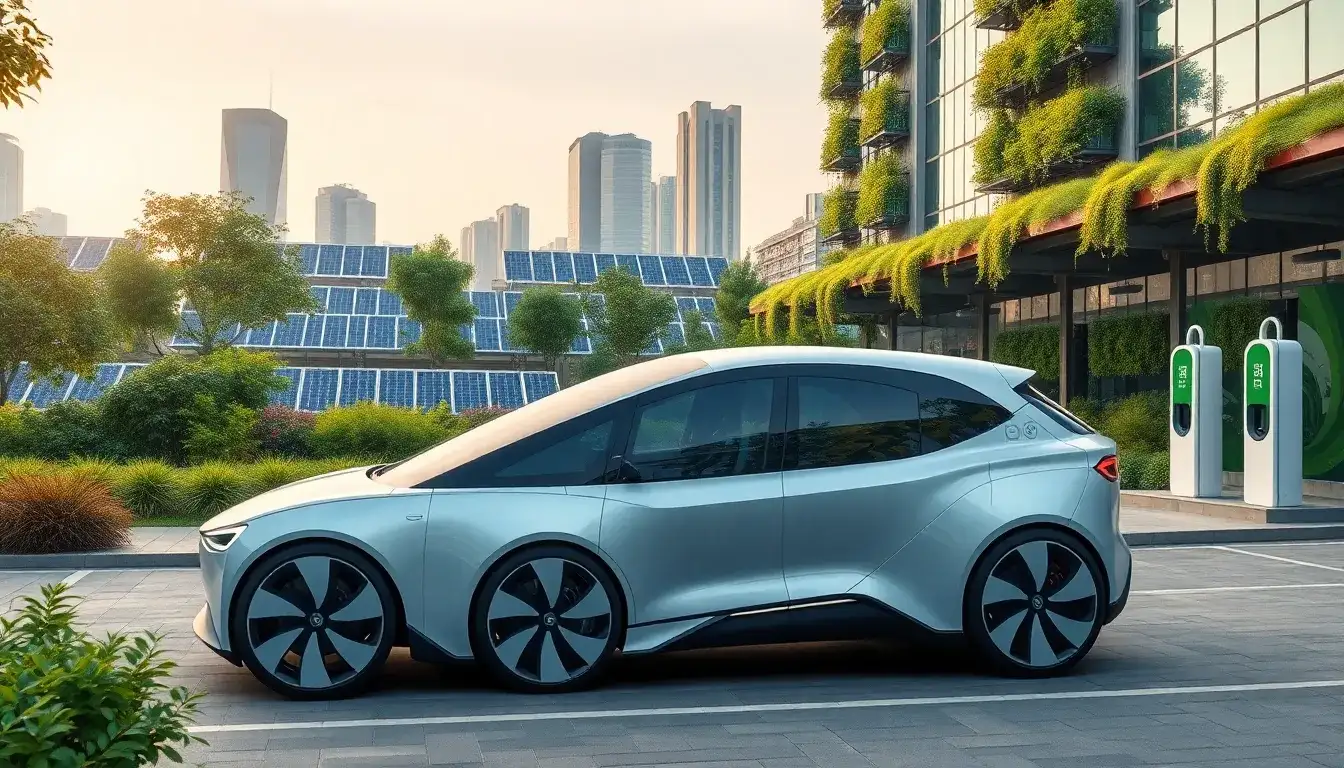
European Automotive Expert: By 2030, New Energy Vehicles Will Surpass Traditional Fuel Vehicles
On April 10, 2025, a significant discussion was held in Beijing during the China Electric Vehicle Hundred Persons Forum, where European automotive expert emphasized the accelerating transition towards new energy vehicles (NEVs). The expert presented a detailed roadmap for the development of NEVs, highlighting that the industry is on the verge of a major shift.
The presentation included a PowerPoint slide that outlined the trajectory for NEVs as they transition from reliance on fossil fuels to a predominantly electric future. According to forecasts, by 2025, the share of electric vehicles (EVs) in new car sales is expected to reach around 50%, with pure electric vehicles maintaining a share of over 50% during that time. By 2030, it is projected that pure electric vehicles will account for 70% of the market.
The impact of technological advancements on the industry and market dynamics is expected to be significant, with the expert identifying four major transformative factors that will drive the evolution of automotive technology. These include the rise of EVs, advancements in battery technology, increasing energy efficiency, and shifts in consumer preferences.
By 2030, the new energy vehicle sector will likely face critical challenges in terms of regulatory frameworks and policy support. The expert noted that artificial intelligence (AI) will play an essential role in the development of NEVs, influencing design, production, and consumer interaction.
Current trends indicate that companies must embrace a holistic approach to battery technology to enhance performance and efficiency. By 2024, it is anticipated that production volumes of EVs will significantly increase, with the total output expected to exceed 30 million units by 2030.
The expert emphasized the importance of collaboration among various stakeholders to achieve these ambitious goals, including government agencies, manufacturers, and technology providers. This collective effort will facilitate the establishment of a robust ecosystem for NEVs, ensuring sustainability and efficiency in energy use.
As the industry continues to evolve, it is crucial for stakeholders to stay ahead of technological advancements and regulatory changes. The transition to new energy vehicles represents not only a shift in automotive technology but also a broader transformation towards sustainable practices in the automotive sector.







